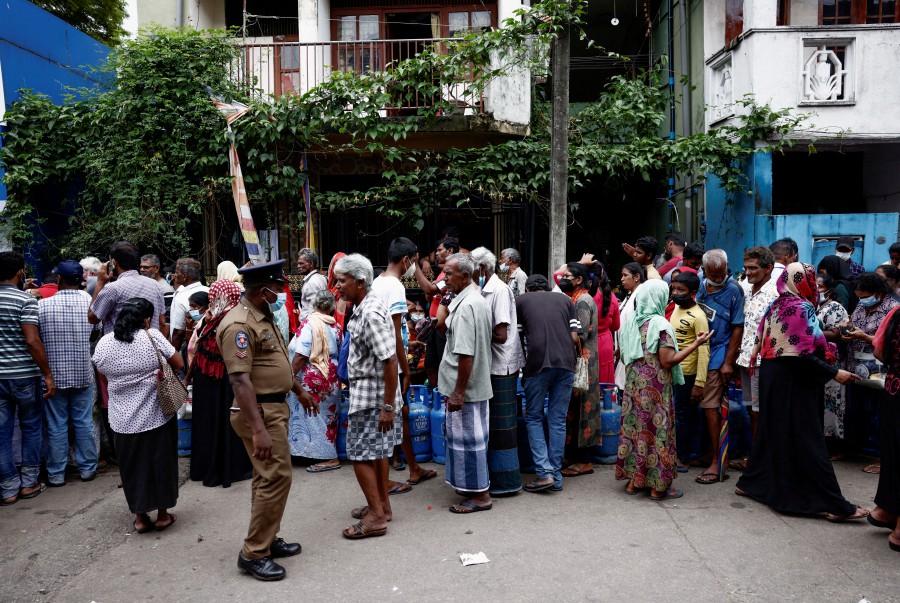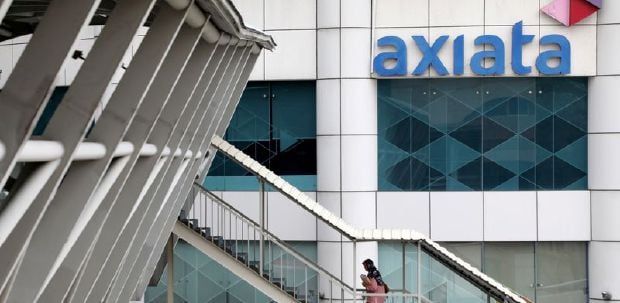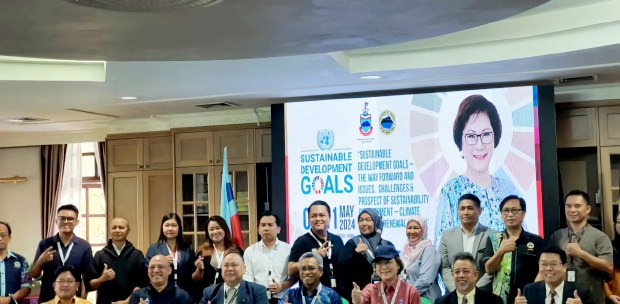There are few doubts that in order to confront and win over the biggest challenges humanity faces, we have to explore and enable novel ways of decision-making.
Governance must be more open and inclusive and must encourage youths to be actively involved and engaged in policy making.
In the recent local election in Nepal, youths have been enthusiastically backing an outsider, former rapper Balen Shah, to become Mayor of Kathmandu.
As an independent without any formal party support, Shah, 31, will have to work with another new promising administrator, Deputy Mayor Sunita Dangol.
For a country like Nepal whose politics have been ossified by a male-dominated political class stemming from the Brahmin community, it is a revolution no one expected.
Amid frustrations of a political system unable to meet people's aspirations and face major issues affecting people's day-to-day lives head on, news from Kathmandu might foretell what the future will look like.
In Sri Lanka, Ranil Wickremesinghe, once again appointed prime minister to help the country navigate the most serious economic crisis, is proposing a new type of governance designed to include and involve the youth.
The political reforms Wickremesinghe is envisioning could make Sri Lanka a trailblazer in how the youth can be part of the political arena.
Creating a way where youths can be part of different parliamentary committees being discussed in Colombo can help rethinking politics from a youth's perspective.
Opening up political space for youth is a global must.
Recently, the UN Secretary General launched, in partnership with UN Youth Envoy, Jayathma Wickramanayake, a new global campaign titled "Be Seen Be Heard: Understanding young people's political participation" that is intended to create new political spaces youths can embrace.
The report after which the campaign is named offers a sober scenario in terms of youth's involvement and participation in public life.
Around 82 per cent of people around the world are of the opinion that "the political system needs drastic reform to be fit for the future", and nearly 70 per cent feel that young people should have more say.
The report also reveals that "three quarters of those under the age of 30 feel that politicians and business leaders have 'messed things up' for people and the planet and are ready for change".
Can Malaysia do something to pave the way for youths in this matter?
Recently the Youth and Sports Ministry secretary-general Datuk Jana Santiran Muniayan, visited the UN-ESCAP in Bangkok to explore new possibilities involving youth for the achievements of the Sustainable Development Goals (SDGs).
Hopefully, some new initiatives will be launched in the next few months, but at the same time we need stronger political will to re-think the political system and make it more youth-centric.
Promoting the SDGs, for example, is positive and useful but we can go much further. We need to give a meaningful voice and real power to the youth, allowing them to express their ideas and come up with new propositions.
Universities can do so much in this regard, but I believe they also need to become more ambitiously engaged in promoting youth civic leadership.
I am not just talking about more training opportunities, though capacity building is always essential, especially if we want youths to be in a position to step up and take more decisions.
We need more higher education institutions invested with a new mission of empowering youth to lead.
This also means focusing on novel ways of policy making with them at the centre.
I imagine more universities in Malaysia, but also throughout the region, coming up with new initiatives including progressive and bottom-up in-house institutes or centres for youths in policy making.
More universities must devote energy in creating the conditions for youth to be involved, lead and propel new ideas for a different society.
Social labs, leadership for civic life academies and full-stream courses on policy-making should become a standard feature of all universities.
A youth-driven and centred policy-making process is interdisciplinary in nature and can make universities the beacon for a new democratic renewal and for a better, more sustainable future.
From Kathmandu to Colombo to Kuala Lumpur, the Asia-Pacific region could become a pioneer in re-imagining the way decisions are made and who makes them.
The author writes on civic engagement, youth development, the SDGs and regional integration in the context of Asia Pacific
The views expressed in this article are the author's own and do not necessarily reflect those of the New Straits Times






